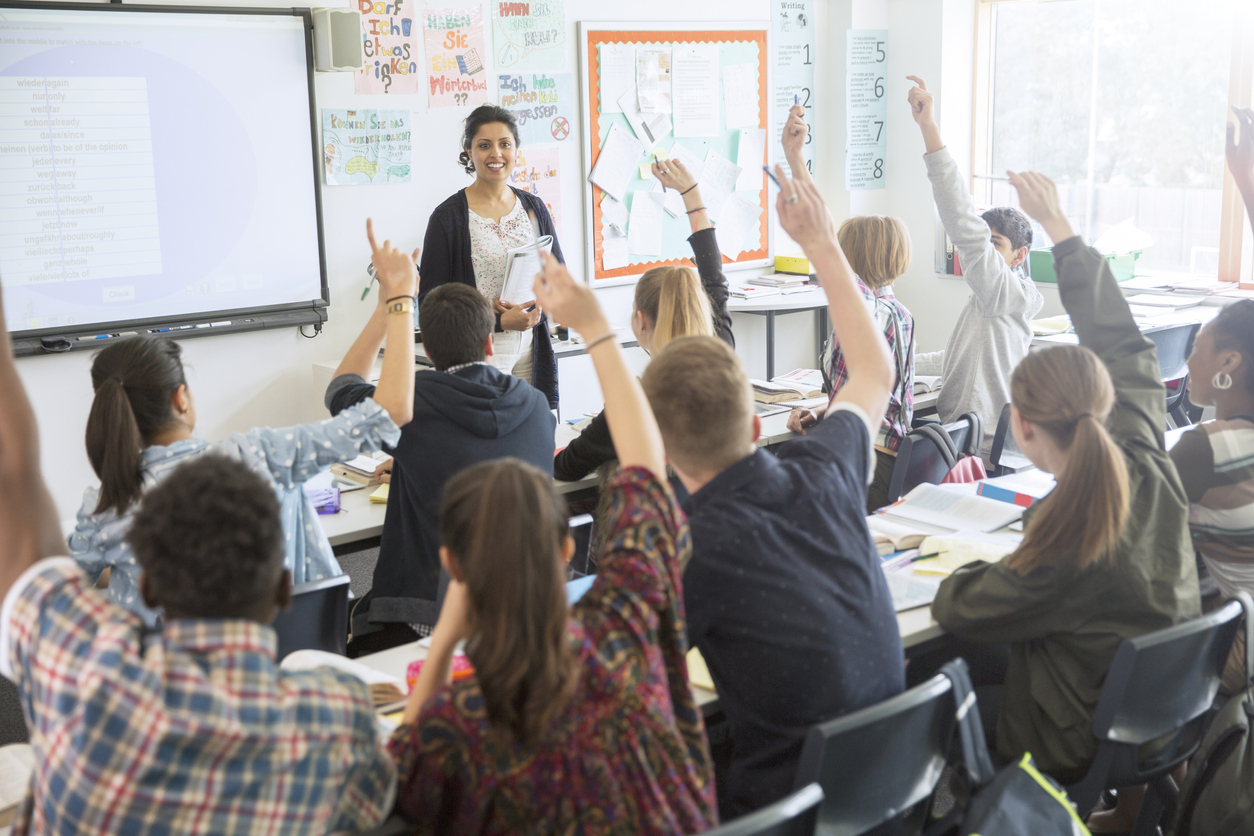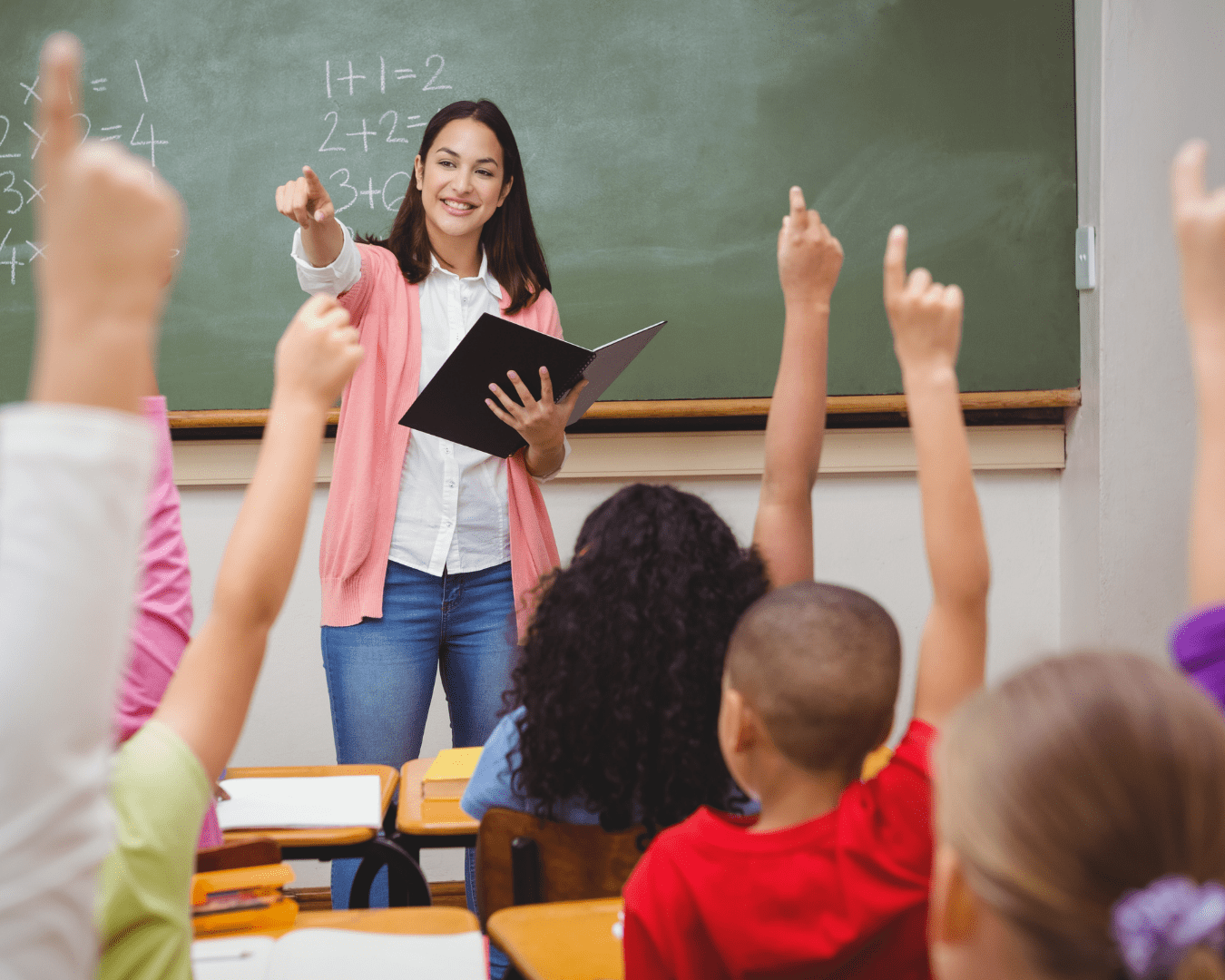Find the Best Primary Science Tuition Singapore for Enhanced Learning
Wiki Article
Checking Out the Various Teaching Methods in Main Science Education And Learning Today
The landscape of main scientific research education and learning is evolving, with numerous teaching strategies obtaining prominence in modern class. Inquiry-based knowing, hands-on experiments, and the combination of innovation are redefining exactly how teachers engage young minds. Additionally, collective methods and differentiated instruction are being utilized to accommodate the varied requirements of students, enhancing both involvement and understanding. As we examine these techniques, inquiries develop about their performance and the effects for future academic practices. What might these changes in method mean for the next generation of students?Inquiry-Based Learning
Inquiry-Based Learning (IBL) is a pedagogical technique that urges trainees to discover clinical concepts with wondering about, investigation, and hands-on testing. This technique stresses the role of pupils as energetic participants in their learning, promoting vital thinking and analytic skills. By engaging with real-world inquiries, pupils become interested and determined, which improves their understanding of scientific concepts.In IBL, instructors serve as facilitators, guiding trainees as they navigate their queries as opposed to supplying details straight. This student-centered technique permits differentiation, fitting different discovering speeds and designs. Pupils develop skills in formulating theories, creating experiments, and assessing data, which are essential for scientific proficiency.
In addition, IBL fosters partnership among trainees, encouraging them to share findings and ideas. This collective questions advertises social skills and a feeling of community within the class. In addition, the procedure of query motivates strength, as pupils find out to embrace failing as a stepping rock toward understanding.
Hands-On Experiments
Hands-on experiments are an essential element of efficient science education, matching the concepts of inquiry-based understanding. These experiments permit trainees to involve straight with clinical ideas, fostering a deeper understanding with experiential learning. By manipulating materials and observing results, young learners can comprehend abstract concepts in concrete methods.Such tasks advertise critical thinking and analytic skills, as pupils assume end results, conduct experiments, and assess results. This procedure urges them to ask inquiries, refine their understanding, and develop a scientific way of thinking. Hands-on experiments can be customized to diverse discovering styles, making sure that all pupils have the opportunity to involve meaningfully with the content.
Furthermore, hands-on experiments frequently encourage cooperation among peers, promoting team effort and communication skills. Functioning in teams enables students to share concepts, talk about searchings for, and gain from each other, which boosts their overall academic experience.
Integrating hands-on experiments right into the primary science educational program not just improves the learning setting yet additionally cultivates a long-lasting rate of interest in science. By actively taking part in their education and learning, pupils are more probable to establish an interest for scientific inquiry that extends past the class.

Innovation Combination
Incorporating innovation into key scientific research education and learning has actually come to be significantly necessary in cultivating pupil involvement and enhancing discovering outcomes. Using digital devices, such as interactive simulations, virtual labs, and educational software program, supplies students with opportunities to discover clinical principles in ingenious means. These sources promote a deeper understanding of intricate subjects by permitting students to visualize and control variables that would certainly be unwise in a standard classroom setting.Moreover, technology assimilation encourages individualized learning experiences. Students can proceed at their very own pace, taking another look at challenging concepts via multimedia resources, which deal with different discovering styles. This versatility not only sustains specific development however likewise cultivates a sense of autonomy in students.
In addition, technology works as a bridge to real-world scientific research, attaching pupils with existing study and specialist contributions. Accessibility to clinical journals and online databases broadens pupils' point of views on clinical inquiry and fosters crucial thinking abilities.
Collaborative Learning
Joint understanding plays a vital function in primary scientific research education by cultivating teamwork and interaction skills amongst pupils. This method urges learners to function with each other, share knowledge, and involve in analytical, which improves their understanding of clinical concepts. By taking part in group activities, trainees learn to express their concepts, listen to diverse point of views, and negotiate solutions, all of which are vital abilities in both scholastic and real-world contexts.
Research shows that collective knowing can bring about boosted motivation and interaction in science topics, as pupils discover enjoyment in common experiences (primary science tuition Singapore). Furthermore, this strategy prepares page trainees for future collaborative endeavors, equipping them with the skills necessary for reliable team effort in college and expert atmospheres. Eventually, embracing collaborative discovering in primary scientific research education can considerably improve the understanding experience and advertise a deeper understanding of scientific questions
Differentiated Instruction

Differentiated instruction can materialize in numerous methods, such as varying the web content, processes, or products of understanding. Educators might use tiered projects that offer differing degrees of intricacy, permitting trainees to work at their respective readiness degrees. Additionally, flexible organizing methods can help with collaboration amongst trainees with different capabilities, promoting peer discovering.
Evaluation plays an essential function in this technique, as it educates guideline and assists instructors recognize each trainee's one-of-a-kind demands. Formative analyses, such as observations and tests, can assist educators in readjusting their methods to boost finding out results. primary science tuition Singapore. Eventually, by applying separated direction in primary science education and learning, teachers can cultivate a more reliable and fair discovering setting, empowering all pupils to reach their complete possibility in understanding scientific phenomena
Conclusion
In summary, the diverse mentor techniques in main science education, consisting of inquiry-based learning, hands-on experiments, modern technology combination, joint understanding, and differentiated instruction, collectively contribute to a more effective discovering environment. These methods promote crucial get redirected here thinking, analytical skills, and a much deeper understanding of scientific principles. By applying these approaches, educators can create appealing and helpful class that address the diverse requirements of students, inevitably fostering a lifelong interest in scientific research and boosting academic success.Inquiry-Based Learning (IBL) is a pedagogical method that urges pupils to check out scientific concepts via wondering about, investigation, and hands-on trial and error.Joint discovering plays an important duty in main scientific research education and learning by fostering team effort and interaction abilities among students.Study shows that collaborative knowing can lead to raised inspiration and involvement in science subjects, as students find enjoyment in shared experiences.In promoting a comprehensive understanding atmosphere, separated guideline emerges as an essential method to suit the diverse demands and capabilities of trainees in main scientific research education and learning. Inevitably, by executing differentiated direction in main scientific research education and learning, instructors can grow a more efficient and equitable learning atmosphere, encouraging all trainees to reach their full capacity in understanding scientific phenomena.
Report this wiki page